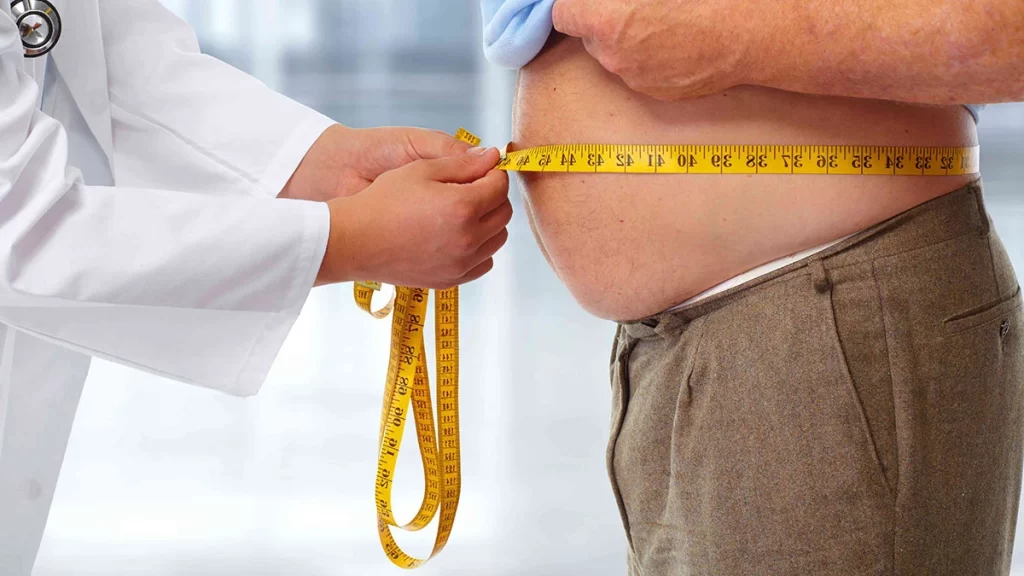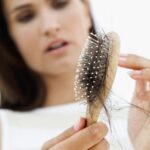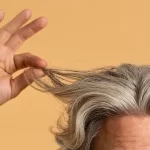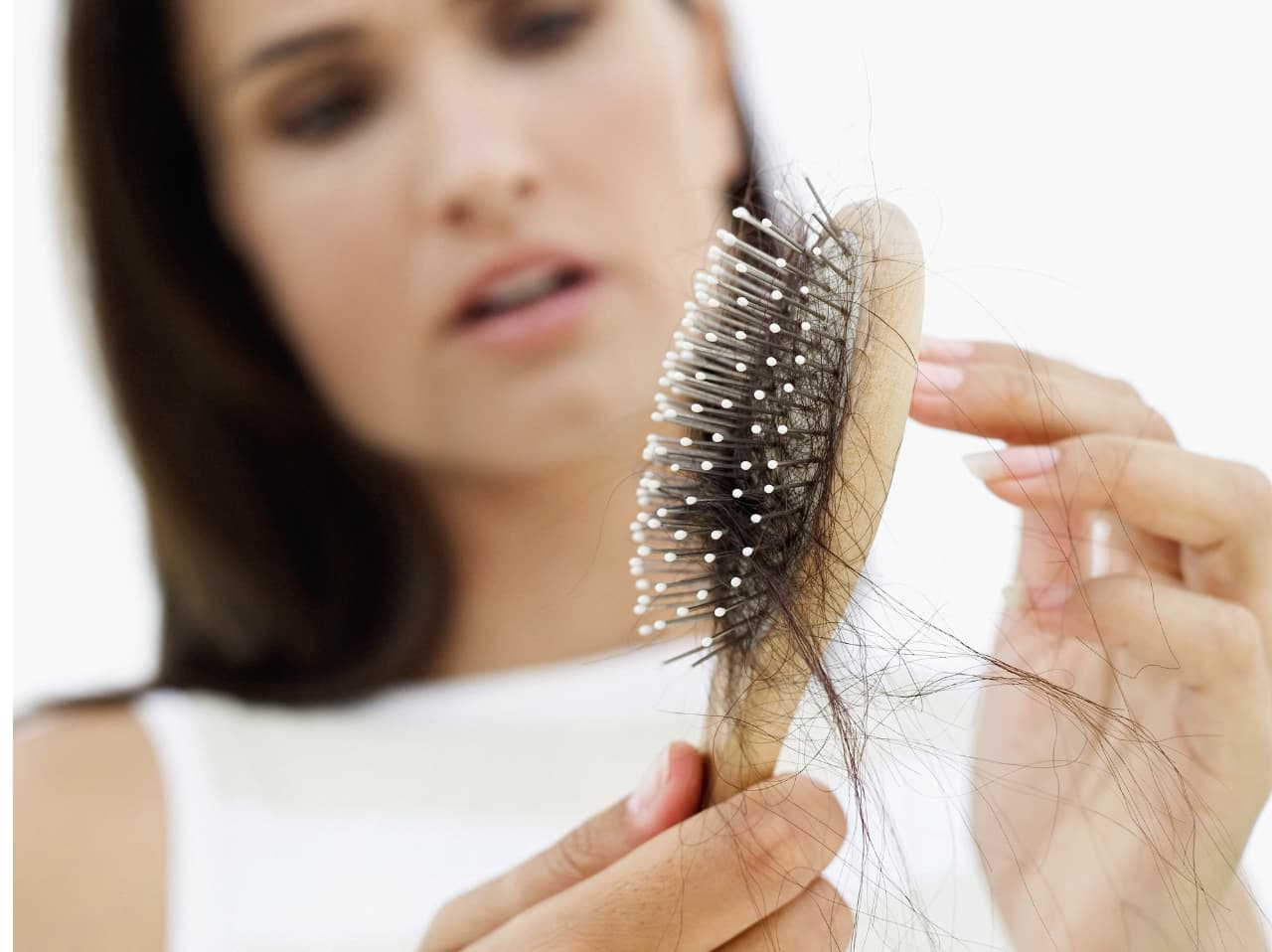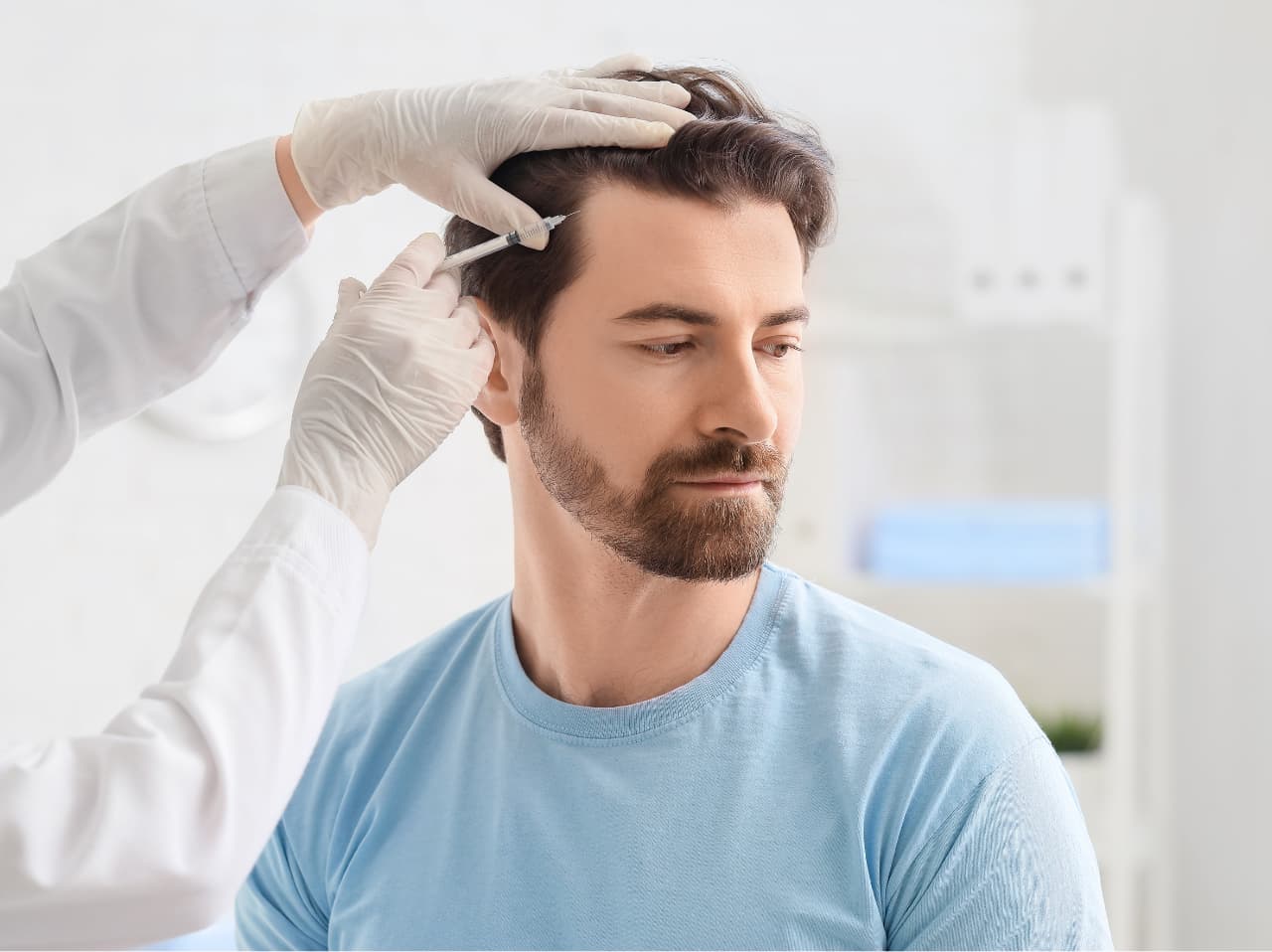Table of Contents
ToggleMany people ask, Can weight gain cause hair loss? The answer is yes in some cases, because changes in body weight can influence hormones, nutrition, and scalp health.
Kopelman Hair specializes in advanced hair restoration for patients seeking trusted solutions to thinning and shedding.
Weight gain can disrupt the normal hair growth cycle through hormonal changes, inflammation, and nutritional gaps. Identifying the underlying cause early allows timely treatment and better long-term results.
Our team, led by Dr. Kopelman, evaluates these factors to create personalized treatment plans that address both the medical and cosmetic sides of hair loss.
Key Takeaways
- Weight gain can disrupt hormones, increase inflammation, and create nutritional deficiencies that weaken hair follicles and trigger shedding.
- Medical conditions such as thyroid disorders, vitamin B12 deficiency, iron deficiency, and diabetes can cause both weight gain and hair loss at the same time.
- Women may experience diffuse thinning linked to estrogen and androgen changes, while men face higher DHT levels that accelerate male pattern baldness.
- Most weight-related hair loss is temporary and can improve with gradual weight reduction, balanced nutrition, and early medical evaluation.
- Professional treatments like PRP therapy, FUE hair transplantation, and targeted medications provide effective options when lifestyle changes alone are not enough.
Weight Gain and Hair Loss
Gaining weight may set off changes in the body that disturb hair growth. Increased fat tissue can alter hormone levels, slow metabolism, and raise inflammation, all of which can stress hair follicles.
A persistent hormone imbalance can weaken follicles and reduce growth, making shedding more noticeable. These shifts may also play a role in heart disease and other health issues that harm hair health.
Many patients wonder can weight gain cause hair loss? Gradual and sudden weight changes can lead to shedding, and people who have experienced hair loss after major body changes often recover slowly unless underlying problems are treated.
Other Medical Conditions to Check
Iron deficiency anemia, vitamin B12 deficiency, diabetes, and insulin resistance can link weight gain and hair loss, even when obesity is not the main cause. These conditions reduce oxygen or blood flow to the scalp and weaken follicles.
Why Am I Gaining Weight and Losing Hair?
Thyroid disorders, insulin resistance, and vitamin deficiencies are common triggers. Women with polycystic ovary syndrome (PCOS) and men with metabolic syndrome often experience both symptoms. Testing thyroid function, blood sugar, iron, and vitamin B12 levels can reveal hidden problems that affect both weight and hair.
Gender Differences
Hair Loss in Women with Weight Gain
Hormonal changes can affect female hair growth. Women may notice hair fall with weight gain after pregnancy, during menopause, or with PCOS. In some cases, this pattern is described as obesity and female hair loss because weight-related hormonal shifts create unique risks for women.
Does Obesity Cause Hair Loss in Men?
Men who are overweight may produce more dihydrotestosterone (DHT), a hormone tied to male pattern baldness. High DHT can shrink hair follicles and speed up recession at the temples or crown.
Many men also ask Can being overweight cause hair loss, and evidence shows that excess body fat can worsen male pattern hair thinning when genetic factors are present.
Types and Triggers
Can Weight Gain Cause Hair Thinning?
Gradual weight gain can cause telogen effluvium, a temporary condition where hairs enter a resting phase and shed. Both weight gain and rapid weight loss can lead to hair thinning, as sudden changes in nutrition or hormones disrupt the natural growth cycle.
This is often called obesity and hair thinning because excess weight and inflammation weaken follicles.
Can Sudden Weight Gain Cause Hair Loss?
Sudden weight gain from medication, illness, or lifestyle changes can shock hair follicles and cause noticeable shedding. Crash dieting or bariatric surgery can also lead to hair loss if nutrient intake is inadequate during recovery.
Temporary vs Permanent Hair Loss
Most weight-related shedding is reversible when underlying issues are treated. Permanent hair loss occurs when weight gain triggers hormonal changes that speed male or female pattern baldness. Early treatment by a specialist like Dr. Kopelman can help slow this process and support long-term hair health.
Underlying Mechanisms
Hormonal Changes and DHT Effects
Extra body fat increases estrogen and androgens, altering the balance of hormones that control hair growth. Higher DHT levels can shrink follicles and shorten the growth phase. According to Dr. Kopelman, many patients with significant weight gain show higher levels of DHT during clinical evaluation.
Inflammation and Follicle Stress
Obesity promotes low-grade inflammation that damages hair follicle cells. Chronic inflammation disrupts stem cell activity, making hair weaker and more likely to fall out. Adipose tissue produces cytokines that fuel inflammation and oxidative stress, weakening follicle structures and making new hairs finer.
Nutritional Deficiencies and Metabolic Issues
People with obesity often lack key nutrients such as iron, zinc, and vitamin D. Poor diet or insulin resistance reduces blood flow and oxygen to follicles, causing hair to thin. Addressing these deficiencies is essential to stop the ongoing loss and protect overall health.
Prevention and Recovery
Lifestyle and Stress Factors
Lifestyle choices can magnify the effects of weight gain on hair. Chronic stress raises cortisol, a hormone that can trigger shedding. Poor sleep and high sugar intake may worsen inflammation and slow hair growth. Managing stress through exercise, balanced meals, and regular sleep helps protect hair while supporting healthy weight.
Can Losing Weight Help Hair Growth?
Healthy weight reduction can lower inflammation, balance hormones, and restore nutrient levels, creating better conditions for hair regrowth. Gradual changes are safest, as extreme dieting can trigger more shedding. Sustainable habits also support overall health, which is essential for preventing hair loss and keeping follicles strong.
Healthy Weight and Nutrition
Balanced meals with lean protein, iron-rich vegetables, and foods high in zinc and vitamin D help maintain a stable weight and good hair health. Regular exercise improves circulation, helping follicles receive oxygen and nutrients.
Maintaining a stable weight also reduces the chance of side effects such as telogen effluvium after dieting or surgery.

Medical and Hair Restoration Treatments
When lifestyle changes are not enough, treatments such as platelet-rich plasma (PRP), topical medications, or hair transplant surgery can restore density. Kopelman Hair offers advanced procedures tailored to each patient’s needs.
Clinical studies report that PRP therapy can improve hair density by 15 to 20 percent after several sessions. Follicular unit extraction (FUE) hair transplants have documented long-term survival rates above 90 percent when performed by experienced specialists.
Patients are informed about potential side effects such as temporary swelling or mild discomfort.
Long-Term Hair Restoration Options
When medical or lifestyle changes are not enough, advanced restoration techniques can provide lasting results.
- Platelet-rich plasma (PRP) therapy stimulates dormant follicles.
- Follicular unit extraction (FUE) offers natural hair transplantation.
- Medication plans with topical or oral treatments can slow progression.
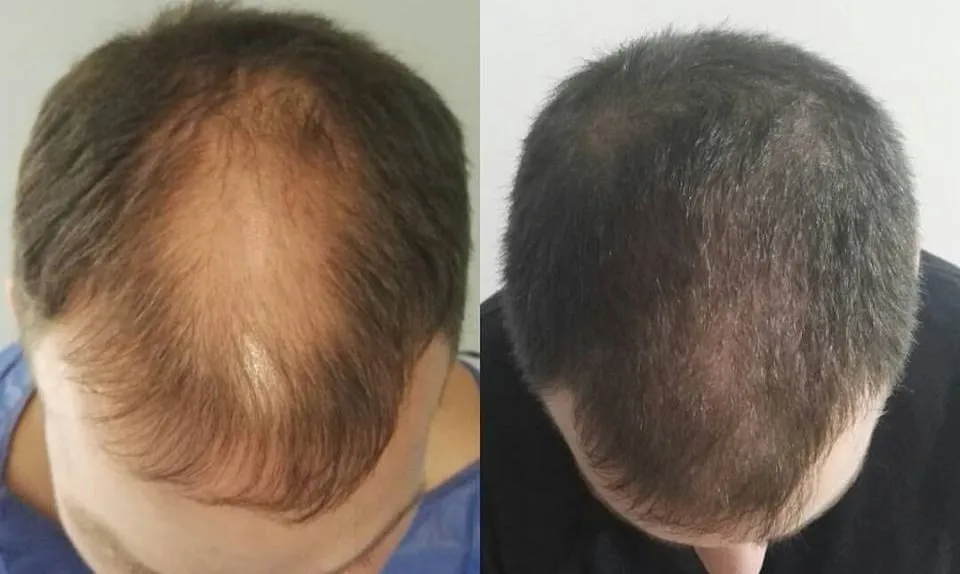
Dr. Kopelman’s extensive experience ensures these options are matched to each patient’s specific needs for both safety and aesthetic results.
When to Seek Professional Evaluation
Schedule an appointment if you notice sudden shedding, bald patches, or persistent thinning. A specialist can perform blood tests, scalp exams, and imaging to pinpoint the cause.
Key signs that require prompt evaluation include:
- Sudden or patchy hair shedding that continues for more than three months.
- Rapid weight gain or loss within a short period.
- Family history of early hair thinning or pattern baldness.
If you notice any of these changes, scheduling an appointment with a qualified specialist can help identify and treat the underlying cause quickly. Proactive steps for preventing hair loss include regular check-ups, balanced nutrition, and early medical evaluation when weight or hormonal changes occur.


